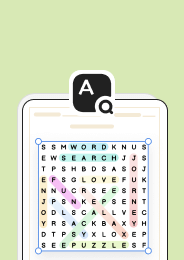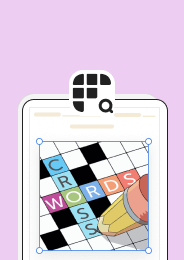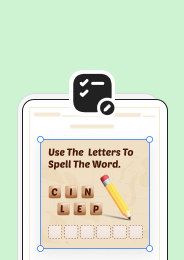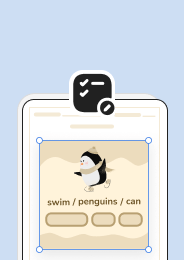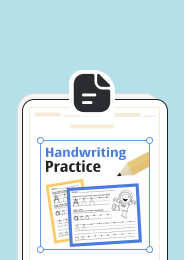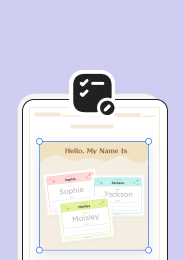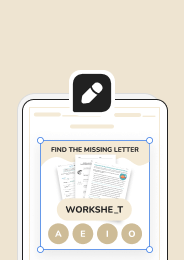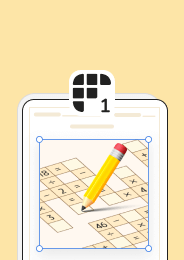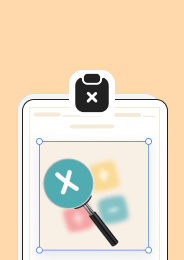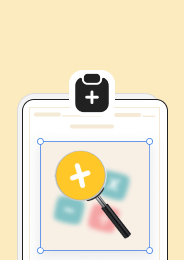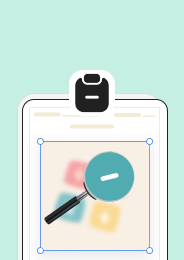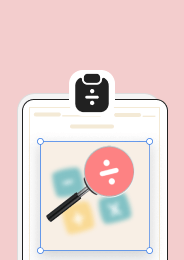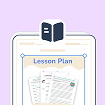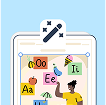Have you ever wondered how one word, like “rock,” can mean a stone, a type of music, or even a gentle movement? Welcome to the world of multiple meaning words! These unique words add depth to our language but can sometimes be tricky to understand. Whether you’re preparing for a test, improving your reading skills, or simply curious about language, this guide is for you. We’ll explore these versatile words, share examples by type, and give you practical tips for mastering them. Plus, check out our fun worksheets that make learning feel like a game!
100 Multiple Meaning Words List
Below, we’ve curated a comprehensive list of 100 multiple-meaning words, categorized by type, to make your learning journey easier and more enjoyable. Dive in and unlock the true power of language!
30 Common Homonyms

- Bank: Financial institution / Riverside
- Book: Reading material / To reserve
- Light: Not heavy / Illumination
- Bow: To bend forward / A weapon for shooting arrows
- Fair: Just and unbiased / A public event
- Jam: Fruit preserve / To get stuck
- Well: In good health / A water source
- Rock: A solid mineral / A genre of music
- Duck: A waterfowl / To lower your head quickly
- Spring: A season / A coiled object
- Bat: A flying mammal / A piece of sports equipment
- Watch: A timepiece / To observe
- Match: A small firestarter / A contest
- Seal: An aquatic animal / To close tightly
- Row: A line of things / A quarrel or argument
- Wave: A hand gesture / A swell in the ocean
- Can: A metal container / To be able to
- Right: Correct / The opposite of left
- Date: A fruit / A scheduled meeting
- Kind: Type or category / Compassionate and friendly
- Park: A recreational area / To stop a vehicle temporarily
- Saw: A tool for cutting / Past tense of “saw”
- Sink: To descend or go down / A basin for washing
- File: A tool for smoothing surfaces / A folder for documents
- Tie: To bind or fasten / A necktie
- Pitcher: A container for liquids / A baseball player
- Fly: To move through the air / An insect
- Palm: The inside of a hand / A type of tree
- Plane: A flat surface / An aircraft
- Fan: An admirer / A device for creating airflow
35 Tricky Homophones

- Their: Belonging to them / There: In that place / They’re: They are
- Weather: Atmospheric condition / Whether: Expressing a choice
- Accept: To receive or agree / Except: Excluding
- Hear: To perceive sound / Here: In this place
- Brake: A device to stop a vehicle / Break: To shatter or split apart
- To: Toward a direction / Too: Also or excessively / Two: The number 2
- Principal: The head of a school / Principle: A fundamental truth
- Stationary: Not moving / Stationery: Writing materials
- Peace: A state of tranquility / Piece: A part of something
- Bare: Exposed or uncovered / Bear: A large mammal or to endure
- Buy: To purchase / By: Near or next to / Bye: A farewell
- Flour: A baking ingredient / Flower: The bloom of a plant
- Mail: Letters or packages / Male: The masculine gender
- Meet: To come together / Meat: Flesh of animals for food
- Morning: The early part of the day / Mourning: Expression of grief
- Past: A time before now / Passed: Went by or succeeded
- Right: Correct or opposite of left / Rite: A ceremonial act / Write: To form letters
- Sight: The ability to see / Site: A location or place
- Sell: To exchange for money / Cell: A small room or basic biological unit
- Sea: A large body of saltwater / See: To observe
- Son: A male child / Sun: The star at the center of the solar system
- Stake: A wooden or metal post / Steak: A slice of meat
- Tail: The rear part of an animal / Tale: A story
- Waist: The narrow part of the body / Waste: Unused material
- Week: A period of seven days / Weak: Lacking strength
- Whole: Complete or entire / Hole: An opening or gap
- Rain: Precipitation / Rein: Straps used to control a horse / Reign: The rule of a monarch
- Lone: Solitary or single / Loan: Money lent temporarily
- Not: A negation / Knot: A fastening made by tying
- Pail: A bucket / Pale: Lacking color or brightness
- Pair: A set of two / Pear: A type of fruit
- Plane: An aircraft / Plain: Simple or flat land
- Sail: To travel by boat / Sale: The exchange of goods for money
- Soul: The spiritual essence of a person / Sole: The bottom of a foot or shoe
- Vein: A blood vessel / Vain: Conceited or without success
35 Challenging Homographs
These words are spelled the same but have different pronunciations and meanings:

- Desert: To abandon / An arid region
- Present: Current time / A gift
- Project: A plan / To throw
- Bass: A type of fish / Low musical tones
- Tear: To rip / A drop from the eye
- Lead: To guide / A type of metal
- Wound: An injury / To wind up
- Close: Near / To shut
- Wind: Moving air / To twist
- Live: To exist / Happening in real-time
- Bow: To bend forward / A tied ribbon
- Read: To interpret text / Past tense of read
- Row: A line of things / To propel a boat
- Dove: A bird / Past tense of dive
- Object: A thing / To protest
- Minute: A measure of time / Very small
- Refuse: To decline / Garbage
- Polish: To shine / From Poland
- Tire: To grow weary / A rubber covering for a wheel
- Excuse: A reason or explanation / To pardon
- Compact: An agreement / Small and tightly packed
- Conduct: Behavior / To lead or guide
- Subject: A topic / To expose to
- Content: Satisfied / The substance of something
- Digest: To process food / A summary
- Permit: To allow / A document giving permission
- Produce: To create / Fresh fruits and vegetables
- Entrance: A way in / To captivate
- Attribute: A characteristic / To give credit
- Fine: High quality / A penalty
- Address: Location / To speak to
- Separate: To divide / Distinct
- Invalid: Not valid / A sick person
- Console: A gaming device / To comfort
- Does: Female deer / Present tense of do
Understanding multiple meaning words, including homonyms, homophones, and homographs, is an essential step in mastering the complexities of the English language. These words enrich our vocabulary and challenge us to think critically about context and meaning.
Strategies for Learning Multiple Meaning Words
Now that you’ve explored this impressive list, let’s dive into practical ways to use them effectively in everyday language and learning!

- Context Clues: Encourage students to look at the words and sentences surrounding the multiple-meaning word to infer its meaning. This involves analyzing the overall sentence structure and the topic being discussed.
- Word Analysis: Teach students to break down words into their roots, prefixes, and suffixes to understand different meanings. This morphological approach can provide insights into less obvious meanings.
- Practice with Worksheets: Structured practice is key to mastering multiple meaning words, and that’s where our Worksheetzone resources come in! These worksheets turn learning into a game, helping students build confidence while expanding their vocabulary. Explore our multiple meaning words worksheets today and make learning exciting!
- Engaging in Word Games: Incorporate games that involve multiple meaning words to make learning interactive and enjoyable. Activities like word matching, crossword puzzles, and homonym bingo can reinforce understanding.

Homophones Crossword Worksheet
- Encourage Reading: Exposure to diverse reading materials can help students encounter multiple-meaning words in various contexts, enhancing their understanding and retention.
By employing these strategies, students can develop a deeper understanding of multiple-meaning words, leading to improved language skills and communication abilities.
FAQs
1. Why are multiple-meaning words important?
Understanding multiple-meaning words enhances vocabulary, reading comprehension, and communication skills. These words help learners interpret context effectively and express themselves more clearly.
2. What word has 645 meanings?
The word “set” holds the record for the most meanings in the English language, with over 645 definitions listed in the Oxford English Dictionary. This incredible versatility makes it one of the most challenging yet fascinating multiple-meaning words.
3. What challenges do multiple-meaning words present?
The main challenge is understanding the correct meaning based on context. This can be confusing for learners, especially those new to the language, as the same word may appear in different scenarios with completely different meanings.
4. What’s the best way to remember multiple meanings?
Practice is key. Reading extensively, writing sentences, and using flashcards can reinforce the meanings and contexts of multiple-meaning words effectively.
Conclusion
Mastering multiple meaning words is a cornerstone of language proficiency. By understanding their types and employing effective strategies, students can master these words, leading to enhanced vocabulary and comprehension. Remember, the key to mastering multiple meaning words lies in consistent practice and exposure to diverse language contexts. With dedication and the right resources, students can turn this challenge into an opportunity for linguistic growth.
Ready to elevate your vocabulary? Head over to Worksheetzone today and take your language skills to the next level!
Recommendation: While learning about words with multiple meanings, students often get curious about words that mean the same thing. This is a great time to introduce synonym worksheets to show how a single idea can be represented by various different words.


